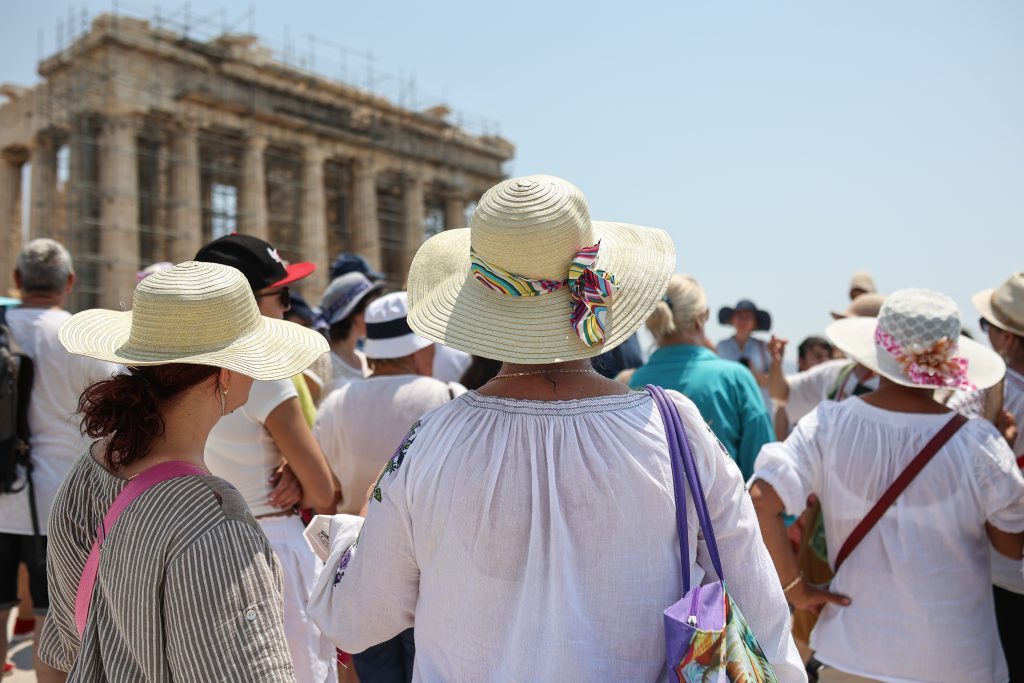Spring officially arrived in Greece on March 20 at 05.06 (03.06 GMT), marked by the vernal equinox. This astronomical event signals a moment when day and night have nearly equal duration.
The vernal equinox always occurs on March 20 or 21 in the northern hemisphere, including Greece, and on Sept. 22 or 23 in the southern hemisphere. In the northern hemisphere, it marks the inception of spring, ushering in longer days and shorter nights until the peak of the summer solstice on June 21.
However, scientists researching the environment have observed an earlier onset of spring due to climate change, despite the vernal equinox’s astronomical significance.
Beyond its scientific importance, the vernal equinox holds cultural and religious significance worldwide.
For Jews and Christians, it serves as the anchor point for calculating the date of Easter. In Persian and Iranian cultures, it marks the beginning of the calendar year, and it aligns with New Year celebrations for many peoples across the Middle East and Central Asia.
Moreover, the vernal equinox stands as a key event in the neopagan calendar, symbolizing nature’s rebirth.
In ancient Greece, this day was believed to mark Persephone’s return from the underworld. Following her abduction by Pluto, her mother Demeter, the goddess of nature and agriculture, mourned deeply, leading to the world’s first winter.
After intervention by Zeus, Demeter and Pluto agreed to share Persephone for six months each. Her departure brings sorrow, while her return brings light, joy, and fertility to nature.




